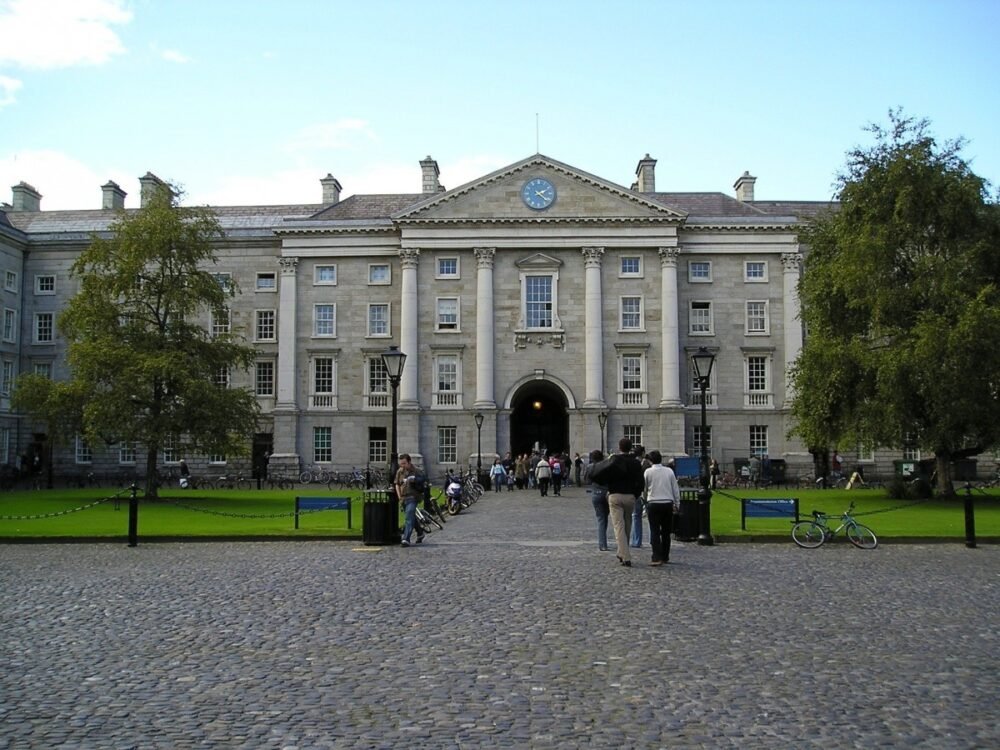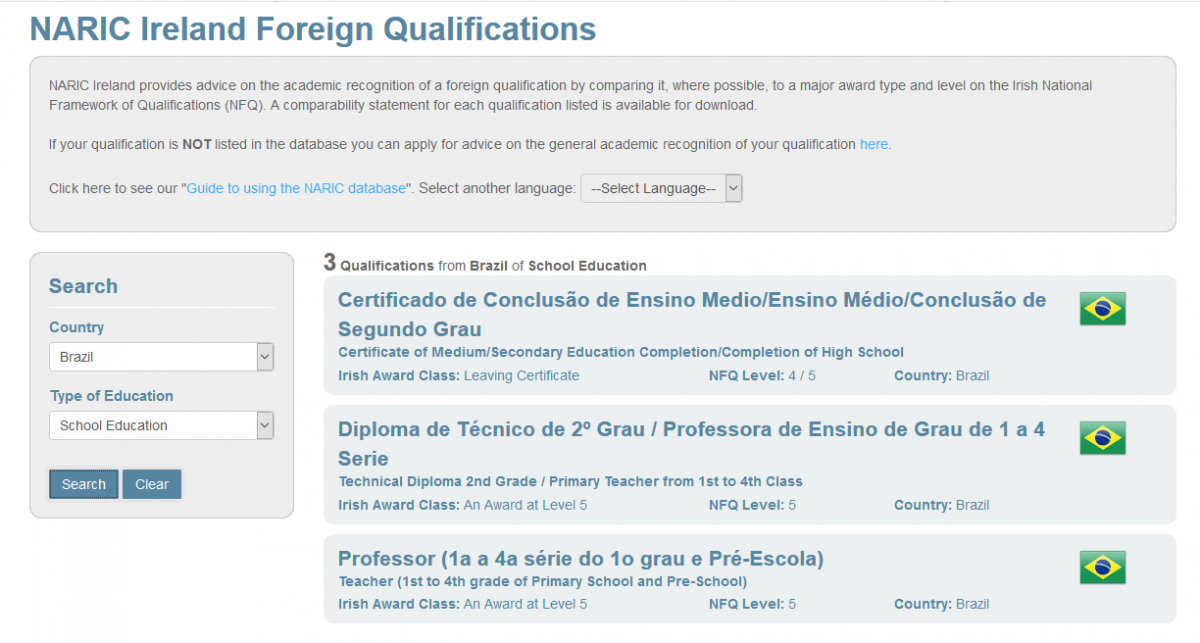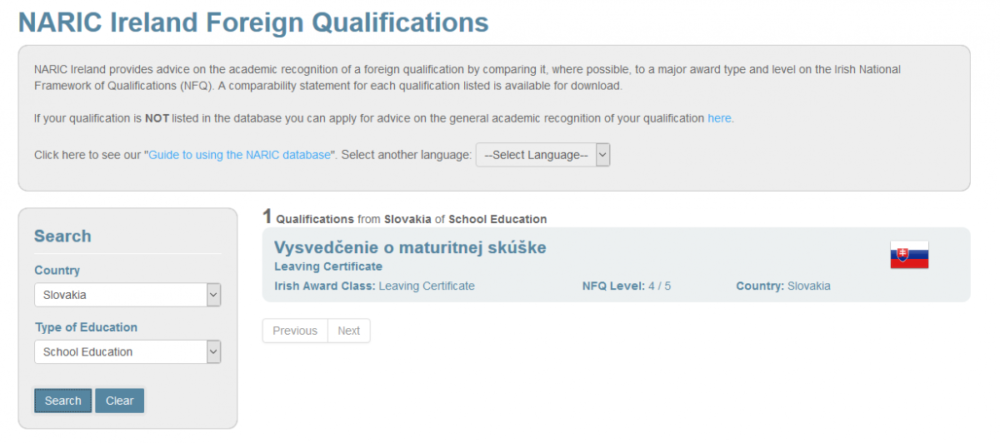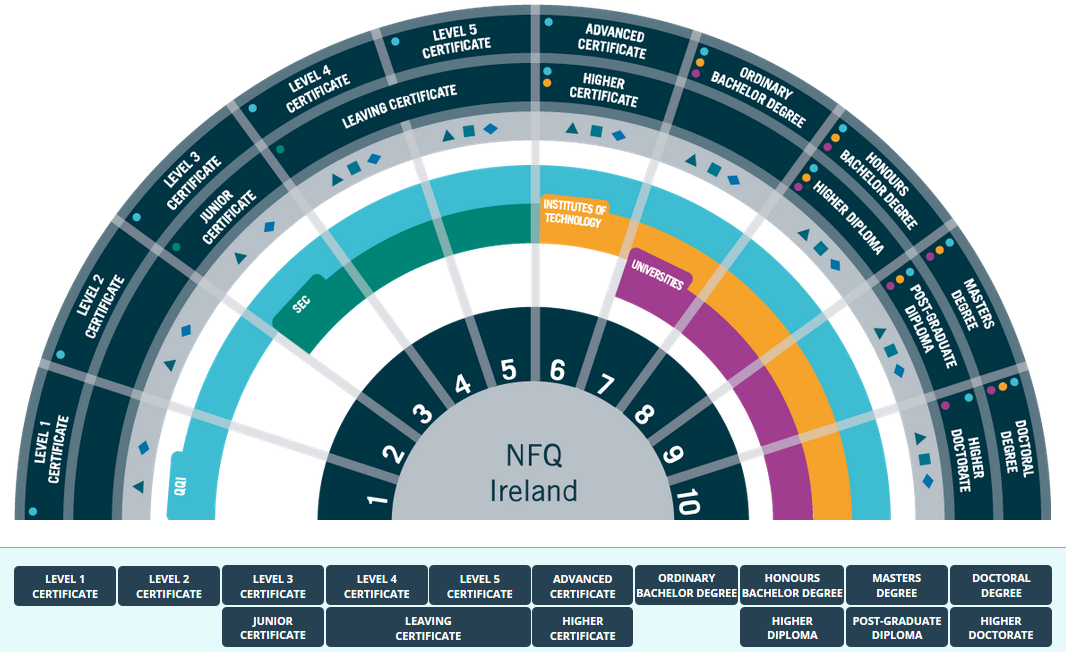Foreign qualification recognition in Ireland: A guide

It is important to keep in mind that foreign qualification recognition in Ireland comes in two distinct types: academic and professional.
Foreigners who are planning to start working or studying here may be required to go through foreign qualification recognition in Ireland by one of several competent authorities that can validate their qualifications.
Rules may vary depending on whether it is an academic qualification, or a professional qualification, obtained abroad.
In this article, readers can first learn more about ACADEMIC and then PROFESSIONAL qualifications and their recognition.
ACADEMIC FOREIGN QUALIFICATIONS
Foreign students who graduated from a secondary school in their home country, or those who already hold a bachelor’s degree from a university outside Ireland, can apply for further studies in Ireland.
However, it is important to remember that academic qualifications differ from one country to another, not only in their names but also in the way of how a student’s performance is evaluated.
Each Irish university publishes admission requirements on its website, including matriculation. It refers to the minimum requirements for entry to a university, which vary depending on the institution. One of the main entry requirements is a need to present the latest obtained academic qualifications.
Two examples for all: Brazil and Slovakia
For example, if Brazilians wish to apply for undergraduate studies at Trinity College Dublin, they are required to submit one of the following qualifications: GCE A Levels, International Baccalaureate, or US High School Diploma with SAT or ACT. If they do not have any of these, they must apply for an International Foundation Programme at Trinity College Dublin first. Other universities may recognise Brazilian qualifications below.

If Slovaks would like to apply for an undergraduate programme, they would have to have completed and obtained a so-called Vysvedčenie o maturitnej skúške (Secondary School Leaving Certificate) from a Slovak secondary school, which is recognised as an equivalent to the Irish Leaving Certificate (Ardteistiméireacht).

It works similarly with postgraduate studies; foreign students need to hold an undergraduate degree, which Ireland recognises.
NARIC
Students are not normally asked to get their academic qualifications translated or confirmed and stamped by authorities in their home countries.
Instead, Ireland set up an independent State agency called Quality and Qualifications Ireland (QQI), which promotes quality and accountability in education in Ireland, in 2012. It, moreover, provides academic advice on the recognition of foreign qualifications in Ireland via a service called the National Academic Recognition Information Centre (NARIC).
The NARIC database stores details of about 1,200 qualifications from more than 140 countries. The tool is to help registrars and admission officers at universities and the Central Applications Office (CAO) in the first place. However, students can find out right on the NERIC website if they are eligible at all for university studies, in terms of their qualifications, prior to making an application.
[wpdevart_youtube]D3b4bvQGy18[/wpdevart_youtube]
We should note that students applying for postgraduate studies apply directly to universities. This does not always apply to students that wish to make an application for an undergraduate programme. Irish and EU/EEA students generally apply via the CAO (deadline on February 1 and May 1 in the case of late applications) whereas students who reside elsewhere in the world apply via a university website.
A foreign student will be asked to submit their qualification online to prove they have obtained it. They should not forget about application and tuition fees. Also, all non-EU/EEA students must be registered to a full-time programme under immigration regulations. Students whose first language is not English should not forget about proof of their English proficiency as well.
The Irish National Framework of Qualifications
Ireland has its own framework of qualifications (NFQ) made up of 10 levels, which was created in 2003. It sets out what each qualification says about what learners know, understand and can do. It also sets out qualification pathways from one NFQ level to the next. For instance, NFQ levels 4 and 5 are equivalent to Leaving Certificate and NFQ Level 9 to a master’s degree.

PROFESSIONAL FOREIGN QUALIFICATIONS
When it comes to foreign workers in Ireland, some may be required to get their professional qualifications recognised by a competent authority in the country. This is the case only if their profession is regulated.
Regulated jobs in Ireland and other EU countries
The European Commission’s website lists all regulated professions in all EU member states, including Ireland. Some examples include architect, nurse, estate agents, pharmacist, teacher, and social worker.
Furthermore, the European Union (EU) runs a system of automatic recognition of professional qualifications for seven sectoral professions: nurses, midwives, doctors, dentists, pharmacists, architects and veterinary surgeons. Professionals must, however, apply to a competent authority in Ireland. The authority must approve their application within three months.
Keep in mind that each EU country, but also other countries around the world, sets its own education and training standards that lead to a professional qualification. EU citizens, however, can work in a job of their qualification in any EU member state. If such a job is regulated, they must get registered, nevertheless; this involves also the seven professions automatically recognised in the EU.
As for Brexit, there will be no changes to recognition of qualifications obtained in the UK during the transition period, lasting until the end of 2020, although the UK is no longer an EU member.
Competent authorities
The Department of Education and Skills coordinates the recognition of professional qualifications in Ireland, providing also a list of competent authorities. They are authorised to validate workers’ professional qualifications obtained outside Ireland.
For instance, a social worker needs to contact the Registration Board of the Health & Social Care Professional Council (CORU) in Dublin. This authority has four months to respond to the social worker, saying it accepts or rejects their qualification. This regulatory body can also ask the social worker from outside Ireland to get additional training or take a test if their qualification is significantly different from the one usually obtained in Ireland.
Foreign teachers can turn to the Teaching Council, and nurses and midwives from outside Ireland can contact the Nursing and Midwifery Boar of Ireland.
Further questions should be sent to qualifications@education.gov.ie.